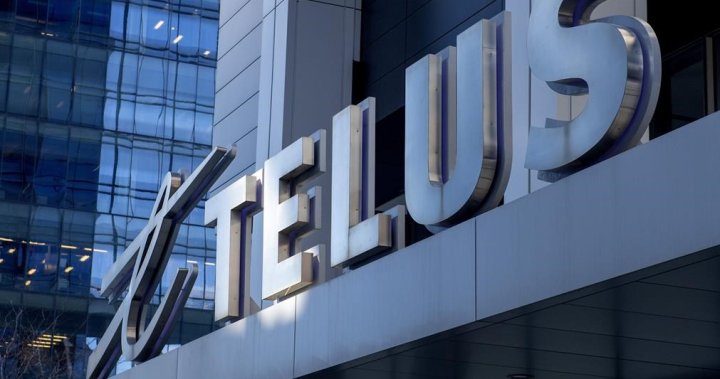
Telus delays Alberta fibre optic network, blames Ottawa’s Huawei ban
Global News
The delay leaves many neighbourhoods in the city of St. Albert without access to Telus' PureFibre home internet network.
Telus Corp. is blaming Ottawa’s ban on China’s Huawei Technologies Inc. for pausing its fibre optic network build in the city of St. Albert and elsewhere in Alberta, raising questions over the sanction’s spillover effects on connectivity in smaller communities.
The delay leaves many neighbourhoods in the city of about 70,000 without access to Telus’ PureFibre home internet network. The Vancouver-based company originally announced the $100-million project in 2019 to connect more than 90 per cent of St. Albert homes and businesses to its fibre optic network by the end of 2020.
During a council meeting last month, St. Albert’s director of information technology Joanne Graham told councillors that Telus informed the city on April 28 it had paused its PureFibre build “in all communities in Alberta with the exception of communities where they had a contract or a partnership with the municipality.”
In addition to factors such as high inflation and interest rates, Graham said Telus “very predominantly” cited the fallout of the federal government’s ban on Huawei technology.
“They have had to dismantle the Huawei infrastructure on all of their antennas and so primarily we’re seeing pressures on the capital that they had available for all the builds across Alberta,” she said.
The federal government announced in May 2022 it was banning Huawei from involvement in Canada’s 5G wireless network, along with ZTE, another Chinese state-backed telecommunications firm, though it had been mulling the move since 2019.
Canadian companies were given until June 2024 to remove or terminate 5G equipment from Huawei and ZTE, along with a deadline of December 2027 to get rid of existing 4G equipment provided by the Chinese companies.
In 2020, Telus announced it would be working with Sweden’s Ericsson and Finland’s Nokia as suppliers for its 5G network, ditching previous plans to rely on Huawei equipment for the rollout. Prior to that switch, Telus had warned the deployment of its 5G network could be delayed and be more expensive than anticipated if Ottawa went through with a ban on Huawei equipment.











